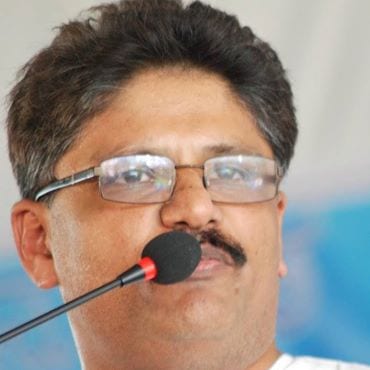New Delhi: Smoggy atmosphere across Delhi-NCR has started taking a toll on people’s health and restricting employee productivity at workplaces , according to a just-concluded quick survey by ASSOCHAM. The Social Development arm of the Associated Chambers of Commerce and Industry of India (ASSOCHAM) interacted with human resource professionals in about 150 companies working in different industries both in public and private sectors in and around Delhi to evaluate impact of air pollution on companies’ financial health in India Inc.
The survey was conducted during the course of past one week. Most of the HR professionals said they are facing staff crunch ranging between 5-10 per cent with growing number of employees calling in sick. Persistent cough, burning eyes, itchy throat and respiratory/lung-related problems like asthma and bronchitis are the main reasons as to why many employees are not turning up for work, said many of HR representatives.
Though many HR professionals said they have installed air purifiers across their office and have advised their staff to use face mask but the severity of air pollution has certainly impaired performance through changes in respiratory, cardiovascular, and cognitive function.
Though many private companies are allowing their employees to work from home while recuperating from their illness, the survey noted.
As per studies, the most harmful for sedentary office workers is particulate matter, which can seep-in buildings through windows and vents thereby entering the blood stream and central nervous system, affecting concentration and mental performance.
“Air pollution in Delhi-NCR is not just devastating the environment but harmful amount of gases, dust, fumes and odour are causing breathing problems to people,” said Mr D.S. Rawat, secretary general of ASSOCHAM while releasing the chamber’s survey.
“Companies should offer employees flexible working hours to cope with this problem,” said Mr Rawat.
“Environment and air pollution related issues might hurt brand India and hit sectors like tourism, outdoor recreation as people tend to stay away from polluted areas so as not to breathe in dense and toxic air,” he said.
“Sick days together with visits to hospital might impact middle class people the most as high levels of pollution are linked to serious chronic illnesses, like heart disease and lung cancer, which are costly to treat,” added Mr Rawat.
“Sunshine and good air have become luxury for Delhiities who have been dealing with anxieties over pollution, traffic, living costs, property values and the general stress,” he said further.








